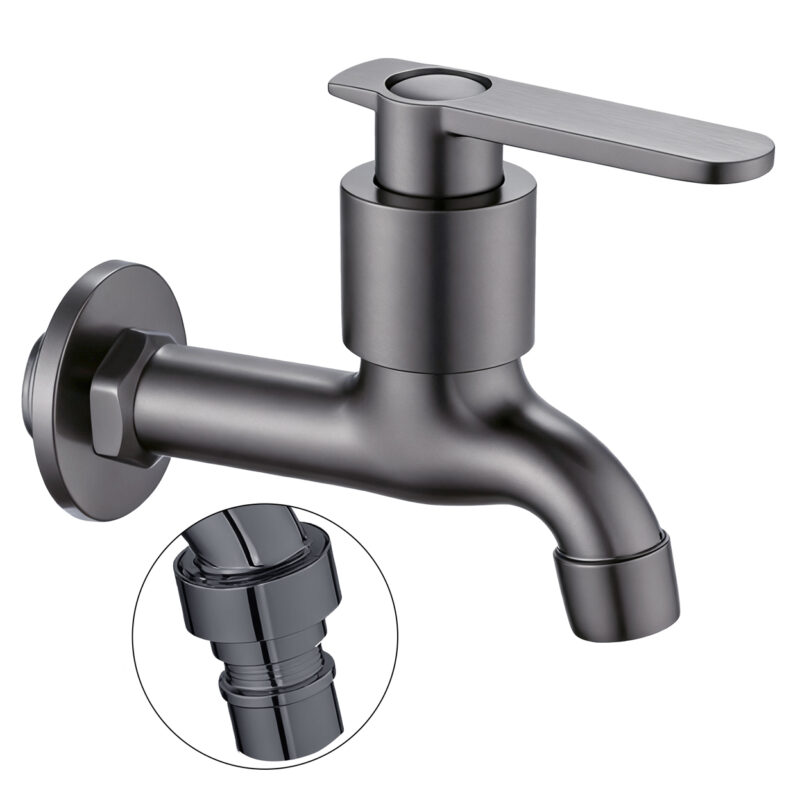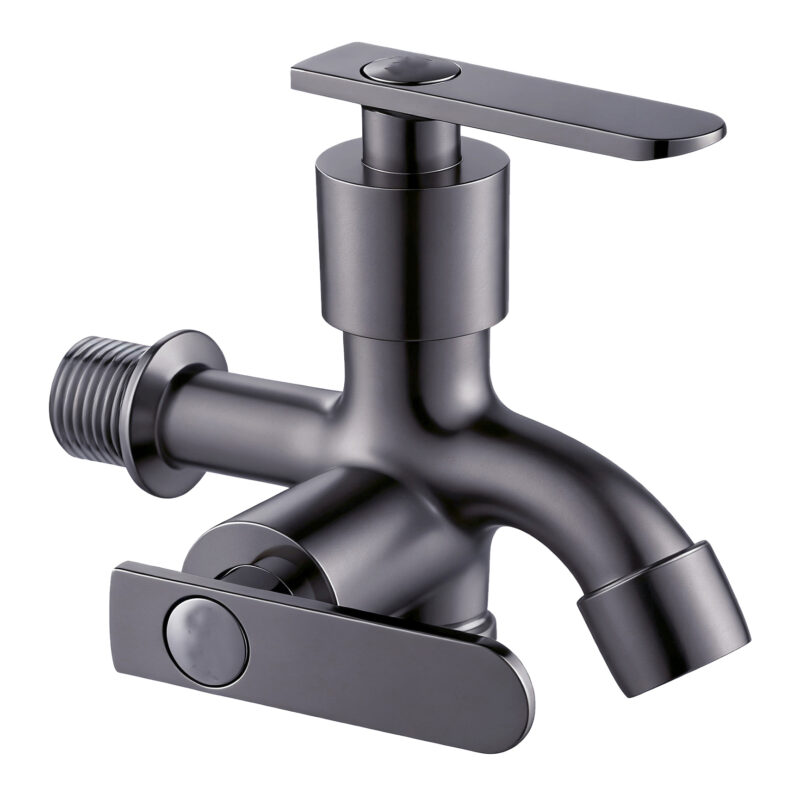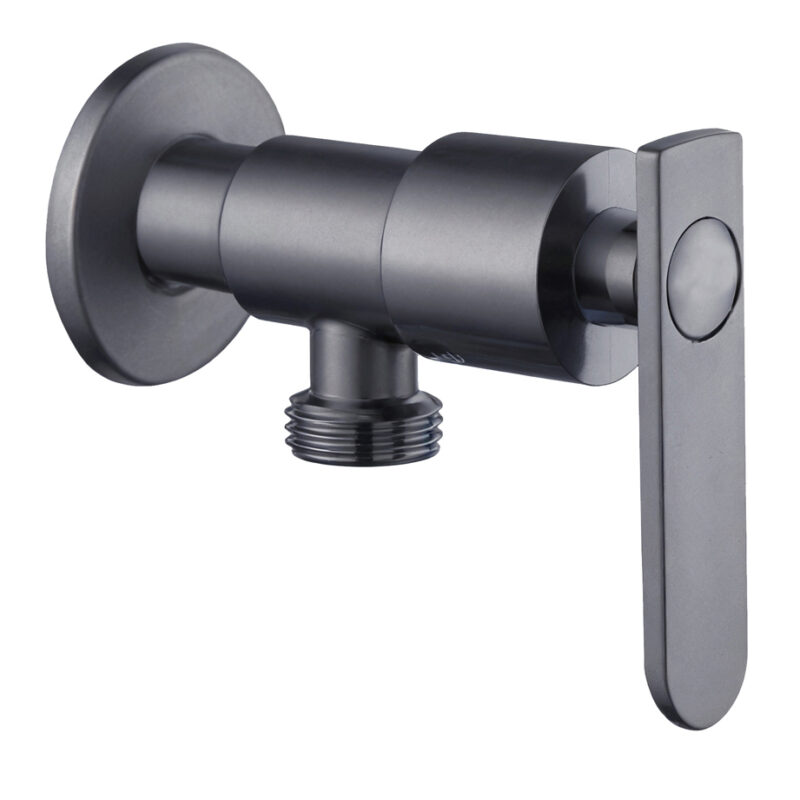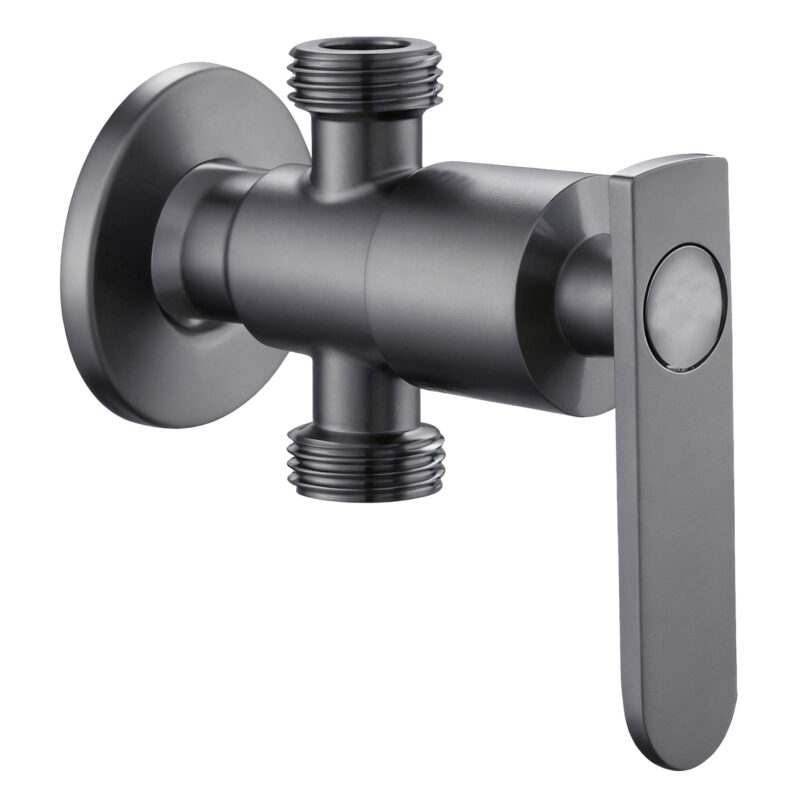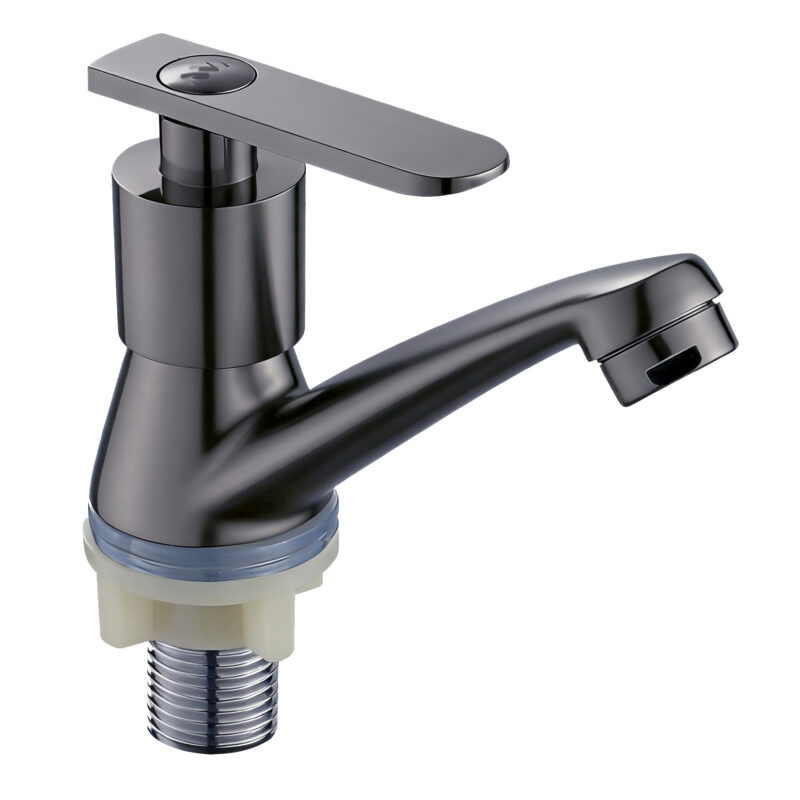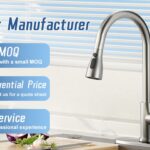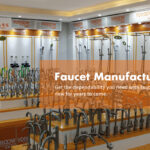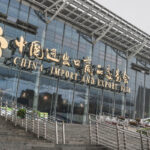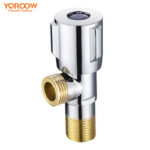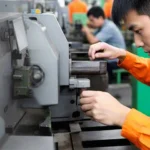In the daily use of kitchen equipment, kitchen plastic taps have become a common choice for home kitchens and lightweight commercial kitchens due to their light weight and cost – effectiveness. However, many users often focus solely on the water – dispensing function of the taps while overlooking the importance of regular maintenance. Over time, issues such as water leakage at the joints, difficulty in switching, and surface discoloration are likely to occur, not only reducing the user experience but also shortening the product’s lifespan. In fact, scientific maintenance can effectively preserve the performance of the taps and extend their service life. Chinese faucet factories, with years of production experience and technical expertise, have summarized a systematic maintenance solution for kitchen plastic taps to help users properly care for their products.

(I) Common Materials of Taps and Maintenance Requirements
Kitchen plastic taps mainly use two types of polymer materials: ABS and PVC. ABS material combines good mechanical strength and impact resistance, with moderate hardness, allowing it to withstand a certain level of external force during normal use. However, it is sensitive to high temperatures and chemical corrosion. If exposed to hot water exceeding 60°C for a long time or cleaned with cleaning agents containing strong acids or alkalis, the surface is prone to deformation and discoloration. Therefore, when cleaning, it is recommended to use warm water not exceeding 40°C, paired with a neutral cleaning agent, and gently wipe the surface with a soft fiber cloth. This method can effectively remove stains without damaging the surface coating of the tap.
PVC material is known for its excellent chemical stability and strong corrosion resistance, making it suitable for various kitchen environments. However, it is relatively brittle and hard, and is likely to crack or break when subjected to collisions or external pressure. In daily use, it is necessary to prevent sharp objects from directly contacting the tap and maintain a safe distance from the tap
when handling kitchen utensils such as pots and tableware. When cleaning, rough tools like steel wool and hard – bristle brushes are strictly prohibited to avoid scratching the surface, damaging its protective structure, and affecting both the appearance and durability. During the production process, Chinese faucet factories modify the plastic raw materials by adding anti – aging agents, reinforcing agents, and other additives to enhance the material’s wear – resistance and anti – aging properties. Nevertheless, standardized daily maintenance remains crucial for keeping the product in good condition.
(II) Precautions in Special Scenarios
In different usage scenarios, targeted maintenance measures are required for kitchen plastic taps. The low – temperature environment in winter poses a significant threat to taps. When the kitchen temperature drops below 0°C and the space remains unoccupied for an extended period, the freezing and expansion of water in the pipes can exert tremendous pressure on the internal structure of the tap, it is extremely likely to cause rupture.To prevent this, users should turn off the main water valve before going out and open the tap to drain the remaining water in the pipes. If draining is not possible, thermal insulation cotton can be used to wrap the tap and connected pipes for frost protection.
In lightweight commercial kitchens, due to the high frequency and intensity of use, components such as the valve cores and sealing rubber rings inside the taps wear out much faster than in home kitchens. It is recommended to conduct a routine inspection once a week, focusing on checking for any water seepage at the joints and testing the smoothness of the switch. Once any abnormalities are detected, professional maintenance personnel should be contacted promptly for repair or component replacement. In addition, as commercial kitchens tend to have heavy oil stains, mild kitchen – specific cleaning agents can be used for cleaning. Spray the cleaner, let it sit for a while, then wipe with a damp cloth, and finally rinse with clean water and dry to prevent oil residue from corroding the tap surface and affecting its service life.
(III) Factory Recommendations and Service Guarantees
Chinese faucet factories provide professional guidance on the maintenance of kitchen plastic taps based on a large amount of user feedback and product performance data. In addition to daily cleaning and protection, the factory recommends that users perform a deep maintenance every 3 – 6 months. The specific operations include: after turning off the water source, disassemble the aerator of the tap and clean the accumulated impurities and scale inside with a soft brush and clean water; check the elasticity and integrity of the sealing rubber ring of the valve core. If signs of aging, deformation, or damage are found, replace it with a sealing rubber ring of the same specification in a timely manner; inspect the nuts at the connection between the tap and the water pipe to ensure they are tightly fastened, preventing water leakage caused by loosening.
To ensure a good user experience, Chinese faucet factories have established a comprehensive after – sales service system. Users can obtain real – time guidance from professional technicians through official customer service hotlines, online service platforms, and other channels whenever they encounter problems during the maintenance process. Moreover, tailored to different users’ usage scenarios and needs, the factory also offers customized maintenance services, formulating personalized maintenance plans covering everything from cleaning methods to component replacement cycles, ensuring that the taps always operate at their best.
(IV) Emphasizing the Importance of Maintenance
Although kitchen plastic taps have a certain degree of durability, only through scientific and continuous maintenance can their performance advantages be fully realized, their service life extended, and replacement costs saved for users. Neglecting maintenance can cause minor issues to gradually escalate into serious malfunctions, not only disrupting the normal operation of the kitchen but also potentially resulting in additional economic losses due to problems like water leakage.
Chinese faucet factories always adhere to a user – centered philosophy and are committed to providing high – quality products and services. We understand that comprehensive usage guidance and maintenance advice are essential for enhancing the product experience. If you have any questions during the use and maintenance of kitchen plastic taps, please feel free to contact us. Whether it’s basic cleaning techniques or complex fault diagnosis, our professional team will provide you with comprehensive support and can customize exclusive maintenance plans according to your actual needs, keeping your kitchen plastic taps in pristine condition and providing reliable support for your kitchen life.

